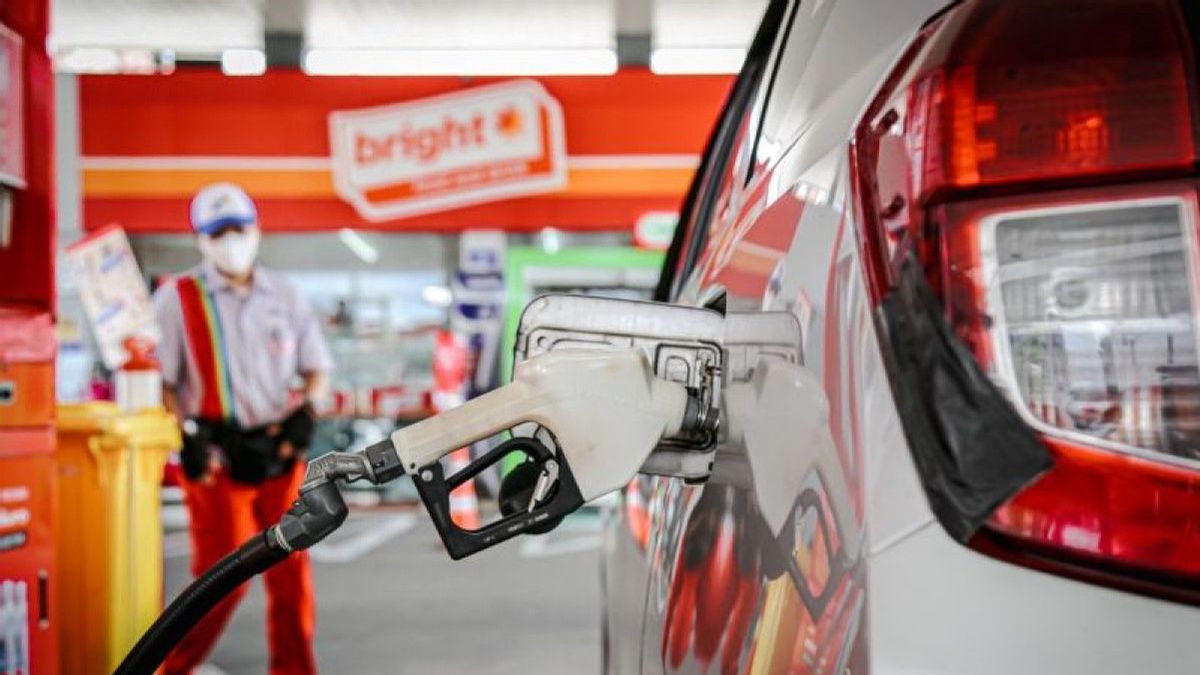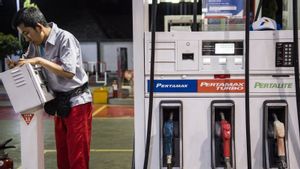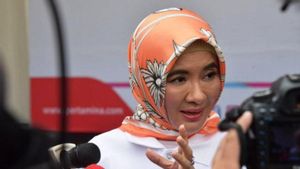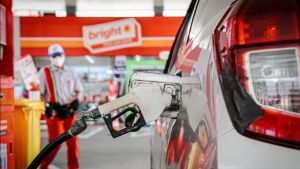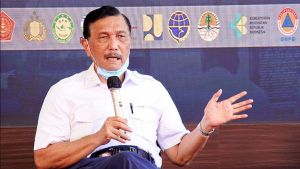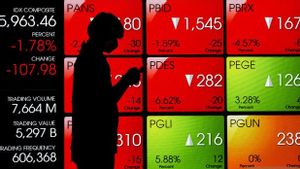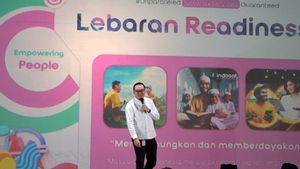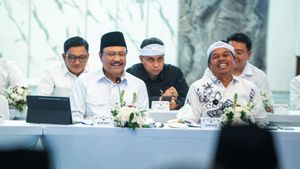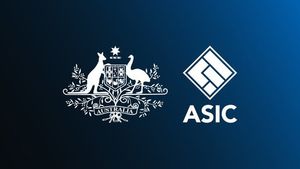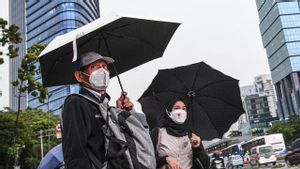JAKARTA - The subsidized fuel regulation policy as long as it is carried out through limiting purchases, it is considered that optimal results will never be obtained and have the potential to cause a number of accompanying problems in its implementation.
"The policy cost of limiting fuel subsidies is potentially greater when compared to the potential benefits that will be obtained. If it is not managed properly, the economic costs and social costs of the fuel restriction policy can be out of control," said ReforMiner Institute Executive Director Komaidi Notonegoro as reported by ANTARA, Wednesday, August 14.
According to Komaidi, the potential social costs of the subsidized fuel restriction policy in 2024 can be greater considering that at the same time there will be simultaneous Regional Head Elections (Pilkada) throughout Indonesia.
Limited access to fuel during simultaneous democratic parties can potentially trigger vertical and horizontal problems.
Komaidi stated that the subsidized fuel restriction (BBM) policy was basically not something new. The policy of limiting fuel has been recorded to have been initiated and implemented since the SBY Presidential Government and has proven ineffective.
ReferMiner as an energy economic research institute noted that in the previous fuel restriction policy, it had been installed with the Radio Frequency Identification (RFID) so that subsidized fuel could be more targeted.
RFID was conveyed to function to read the amount of fuel consumed by vehicles and installed at gas stations.
Meanwhile, in the vehicle a device is installed which is synchronized with RFID.
"Based on the data, it was reported that hundreds of thousands of vehicles had been installed with RFID, but then the government canceled the policy," said Komaidi.
He is of the opinion that the subsidized fuel management policy will be more optimal if the provision of fuel subsidies is carried out through a direct subsidy mechanism, namely the provision of subsidies directly to individual beneficiaries, not through a subsidy mechanism for goods prices such as the current subsidy mechanism.
From the regulatory aspect, continued Komaidi, the policy of limiting subsidized fuel has not been implemented if the revision of Presidential Regulation (Perpres) No. 191/2014 has not been completed by the government.
The implementing business entity (Pertamina) does not have a reference and legal umbrella for implementing the policy if the revised Presidential Regulation has not been completed.
On the other hand, the potential value of fuel subsidy budget savings that will be obtained from the fuel restriction policy has basically not been quantized, if the object or group that will be the target of restrictions is not set firmly by the government.
"If you look at the subsidized fuel and fuel JBT (certain types) quota in 2024 and 2025 which were recorded higher than in previous years, then from a fiscal perspective it can be said that the government basically has no plans to limit fuel," said Komaidi.
SEE ALSO:
Previously, Coordinating Minister for Maritime Affairs and Investment (Kemenko Marves) Luhut Binsar Pandjaitan said that his party would limit the purchase of subsidized fuel which was planned to be effective since August 17, 2024.
The restrictions are intended so that subsidized fuel is more targeted and can save state finances.
The English, Chinese, Japanese, Arabic, and French versions are automatically generated by the AI. So there may still be inaccuracies in translating, please always see Indonesian as our main language. (system supported by DigitalSiber.id)
